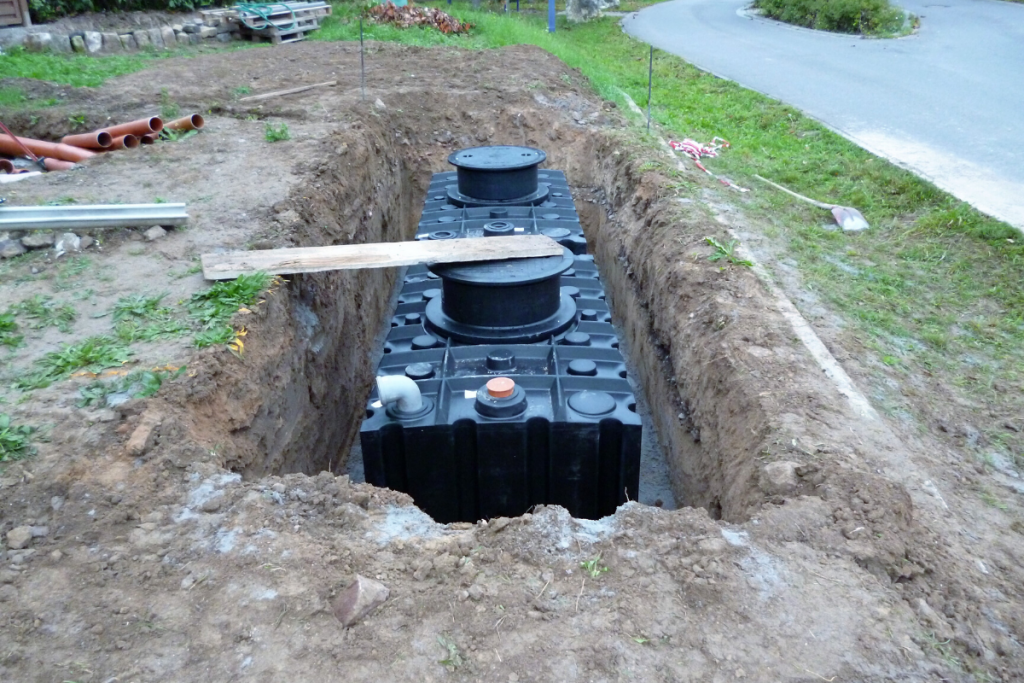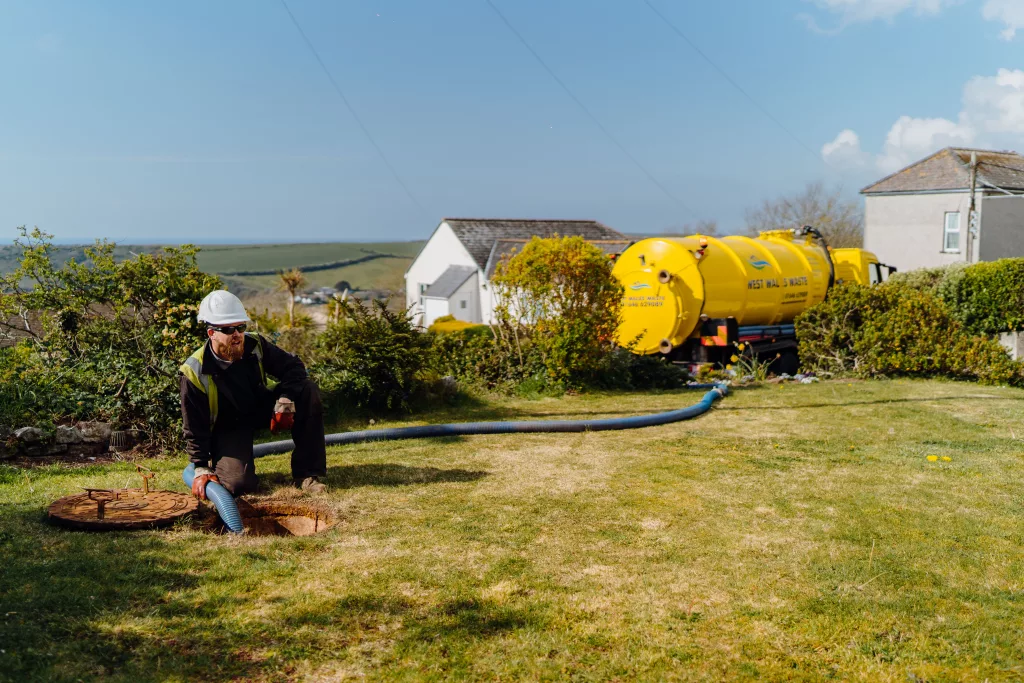In rural areas of West Wales, where many properties rely on septic tanks for wastewater management, understanding the importance of regular maintenance is crucial. Neglecting this key aspect of property care can lead to costly repairs, environmental damage, and health risks. This blog post will delve into why regular septic tank maintenance is vital and how it benefits homeowners.
Understanding Your Septic Tank


A septic tank is an underground chamber where domestic wastewater flows for basic treatment. Solids settle to the bottom, forming sludge, while the liquid exits into a drainage field. The efficiency and longevity of your septic system heavily depend on how well you maintain it.
Why Regular Maintenance Matters
- Prevents Blockages and Overflows: Regular pumping and inspections can prevent blockages in your system, which can cause overflows and backups. These incidents are not only unpleasant but also pose health risks and can damage your property.
- Protects the Environment: A poorly maintained septic tank can leak, causing potential contamination of groundwater and nearby water sources. Regular maintenance ensures that your system operates efficiently, protecting local ecosystems.
- Saves Money in the Long Run: Addressing small issues through regular maintenance is far more cost-effective than dealing with major repairs or replacements due to neglect. Regular check-ups can identify problems early, preventing expensive emergencies.
- Compliance with Regulations: In Wales, there are specific regulations governing septic tanks, including maintenance and discharge standards. Keeping your septic tank in good working order ensures compliance with these regulations, avoiding potential legal issues.
Best Practices for Septic Tank Maintenance
- Regular Inspections: Have your septic tank inspected by professionals like West Wales Waste at least once every three years. Professionals can assess sludge levels and the overall condition of the tank.
- Pumping When Needed: Depending on the size of your tank and household usage, pumping is generally required every three to five years.
- Mind What Goes Down the Drains: Avoid disposing of non-biodegradable materials, chemicals, and excessive amounts of food waste in your drains. These can disrupt the bacterial balance in the tank and lead to blockages.
- Conserve Water: Efficient water use reduces the strain on your septic system. Fix leaks and consider installing water-saving fixtures.


Conclusion
Regular maintenance of your septic tank is not just a responsibility—it’s an integral part of responsible homeownership. It ensures the smooth operation of your wastewater system, protects the environment, and saves you from unnecessary expenses. For professional advice and maintenance services, contact West Wales Waste. We’re here to help you keep your septic system in top condition.
